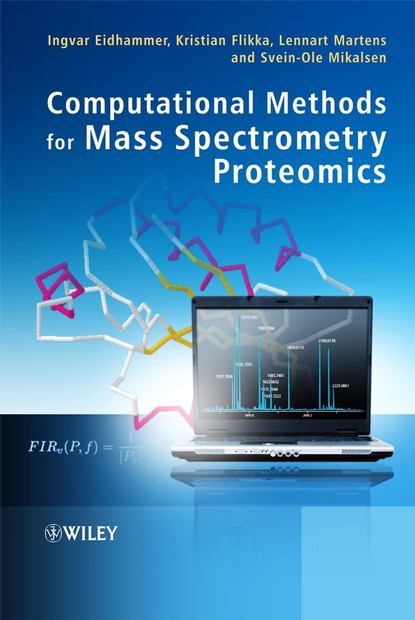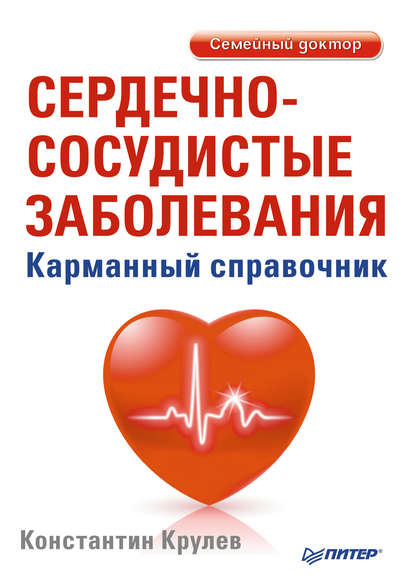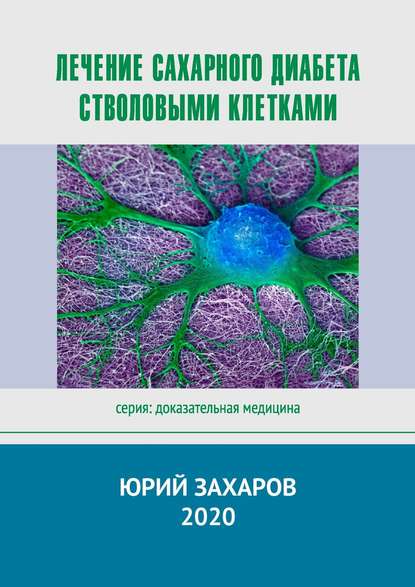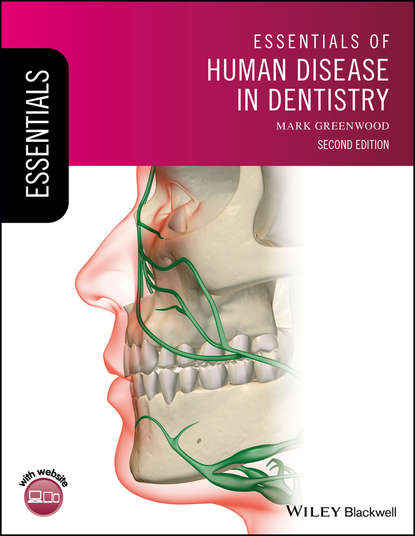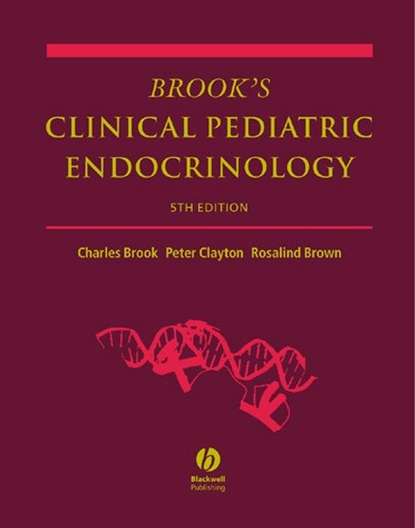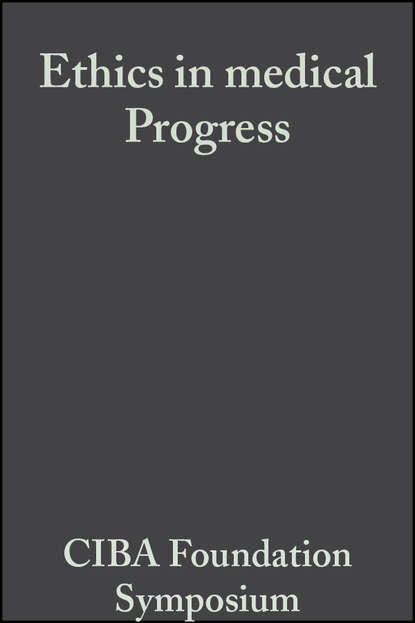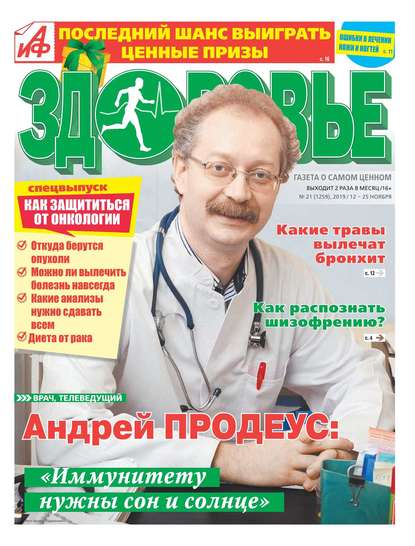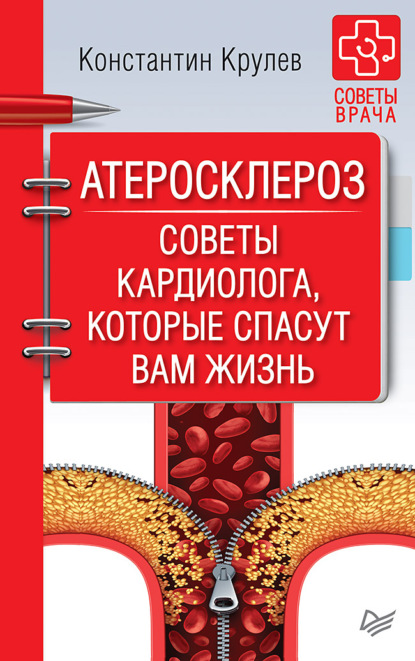Протеомика - это изучение подмножеств белков, присутствующих в разных частях организма, и как они меняются с течением времени и в зависимости от условий. Масс-спектрометрия является ведущей технологией, используемой в протеомике, а эта область в значительной степени полагается на биоинформатику для обработки и анализа полученных данных. Поскольку в последние годы произошли значительные разработки в области инструментальных средств и биоинформатики, связанной с протеомикой, очевидна необходимость в основательном введении на стыке протеомики и биоинформатики.
Книга "Computational Methods for Mass Spectrometry Proteomics" описывает различные инструменты и методологии, используемые в протеомике, в единой манере. Авторы делают акцент на вычислительных методах для различных фаз протеомного анализа, но также описывают лежащие в основе принципы химии белков и технологии инструментов. Книга иллюстрирована рядом рисунков и примеров, а также содержит упражнения для читателя. Написанная доступным, но строгим стилем, эта книга является ценным справочником как для специалистов в области информатики, так и для биологов.
"Computational Methods for Mass Spectrometry Proteomics" подходит для студентов старших курсов и аспирантов в области биоинформатики и молекулярной биологии, интересующихся протеомикой. Она также предоставляет хорошее введение и справочный источник для исследователей, недавно пришедших в протеомику, и для людей, которые сталкиваются с этой областью более поверхностно.
Computational Methods for Mass Spectrometry Proteomics by Ingvar EidhammerThis book is an excellent resource for anyone interested in the intersection of mass spectrometry and proteomics. Here, Eidhammer comprehensively covers how these technologies are used in the study of protein expression and interaction in different parts of the body, as well as how this information can be used for diagnosis and drug design.The book starts by providing an overview of proteins and their functions in cells. It then moves on to discuss various instruments used for mass spectrometry analysis, including matrix-assisted laser desorption/ ionization (MALDI), electrospray ionization (ESI), and gas chromatography/mass spectrometry (GC/MS).Next, Eidhammer covers the various types of data that are generated by mass spectrometry experiments, such as qualitative and quantitative analyses of peptides and proteins. He also explains how data can be stored, managed, and analyzed using bioinformatics tools.Finally, the book includes numerous examples and exercises to help readers better understand the material presented. Overall, Computational Methods for Mass Spectrometry proteomics is a well-organized and informative resource for those interested in the general fields of proteomics and mass spectrometry, as well as bioinformatics.
This is a comprehensive textbook treating mass spectrometry as a tool for high throughput analysis of protein expression in various organs or tissues. Proteomic research grew out of rapid technical developments in mass spectrometry combined with bioinformatics - the book offers a practical, methodical and theoretical approach to combine these two important fields. Suitable for the intensive courseload at a top Bioinformatologist /Proteomic researcher or a student tackling such topics now or in the future. To use the book effectively, one should be conversant about some basic aspects of Proteins, Protein synthesis, Chemical and physical properties of Protein, Mass Spectroscopy, Data representation and Visualization. These areas have been kept very broadly defined, so that non- biologists could understand the text, while keeping necessary biological background permanently visible. The text starts from the basics of Mass Spectrometry including its spectroscopic and chromatographic variations, ESI, MALDI etc and moves on to advance topics like Turbo-MS, Confocal MS imagining. There are many figures demonstrating techniques illustrated. Then goes into the topic of Bioinformatics including statistical issues which helps in effective study of Proteomics experiments carried out using Mass Spectrometers - simulation software ( Isobaric Tagging etc) Network Analysis, Time Scale Analysis quantitative analysis + histograms in LCQ DE)). These topics are covered at depth. Finally theres considerable coverage of popular computational software like Bioworks, MaxQuant and MapSplice ect.
Электронная Книга «Computational Methods for Mass Spectrometry Proteomics» написана автором Ingvar Eidhammer в году.
Минимальный возраст читателя: 0
Язык: Английский
ISBN: 9780470724293
Описание книги от Ingvar Eidhammer
Proteomics is the study of the subsets of proteins present in different parts of an organism and how they change with time and varying conditions. Mass spectrometry is the leading technology used in proteomics, and the field relies heavily on bioinformatics to process and analyze the acquired data. Since recent years have seen tremendous developments in instrumentation and proteomics-related bioinformatics, there is clearly a need for a solid introduction to the crossroads where proteomics and bioinformatics meet. Computational Methods for Mass Spectrometry Proteomics describes the different instruments and methodologies used in proteomics in a unified manner. The authors put an emphasis on the computational methods for the different phases of a proteomics analysis, but the underlying principles in protein chemistry and instrument technology are also described. The book is illustrated by a number of figures and examples, and contains exercises for the reader. Written in an accessible yet rigorous style, it is a valuable reference for both informaticians and biologists. Computational Methods for Mass Spectrometry Proteomics is suited for advanced undergraduate and graduate students of bioinformatics and molecular biology with an interest in proteomics. It also provides a good introduction and reference source for researchers new to proteomics, and for people who come into more peripheral contact with the field.
